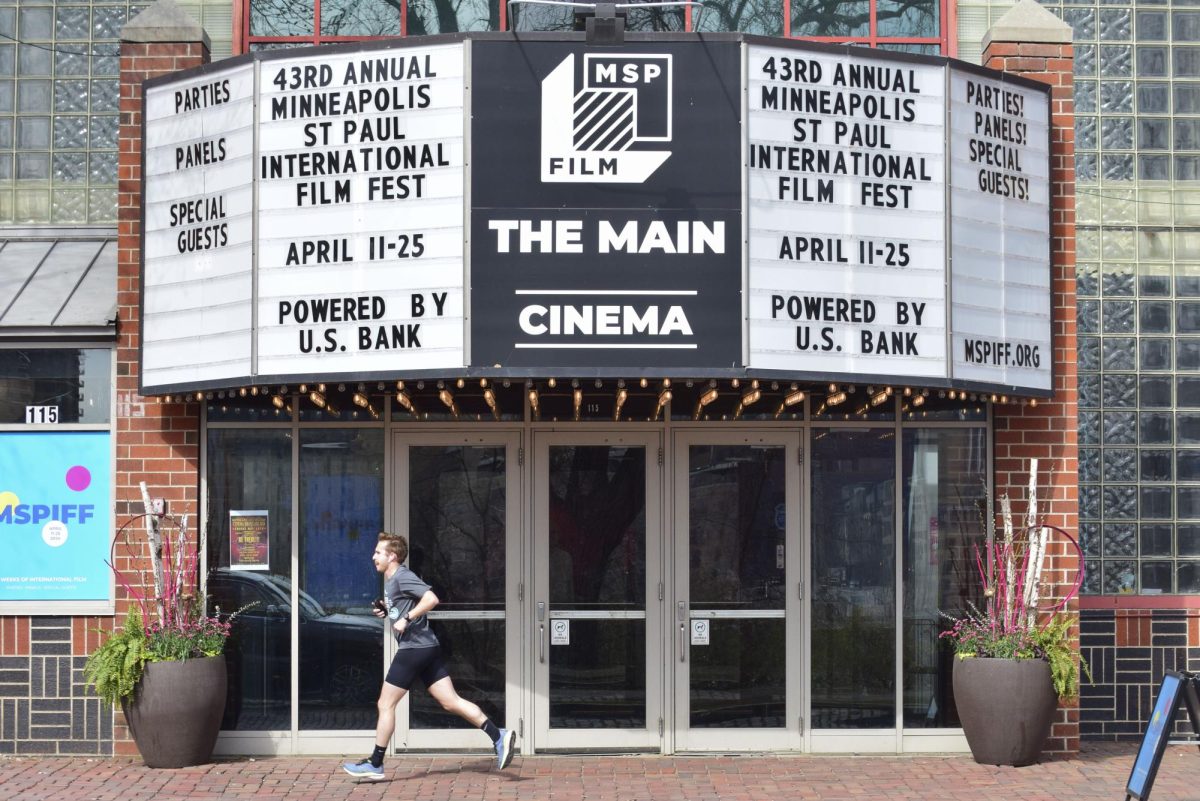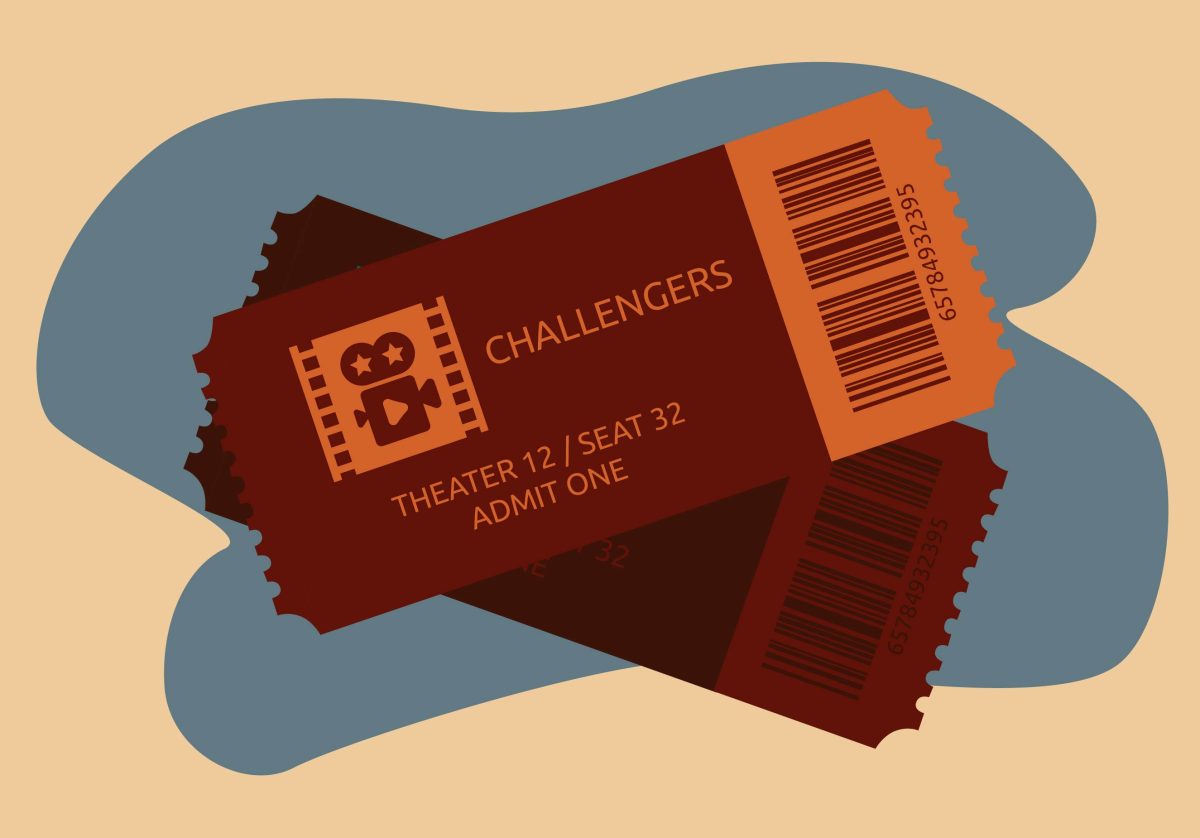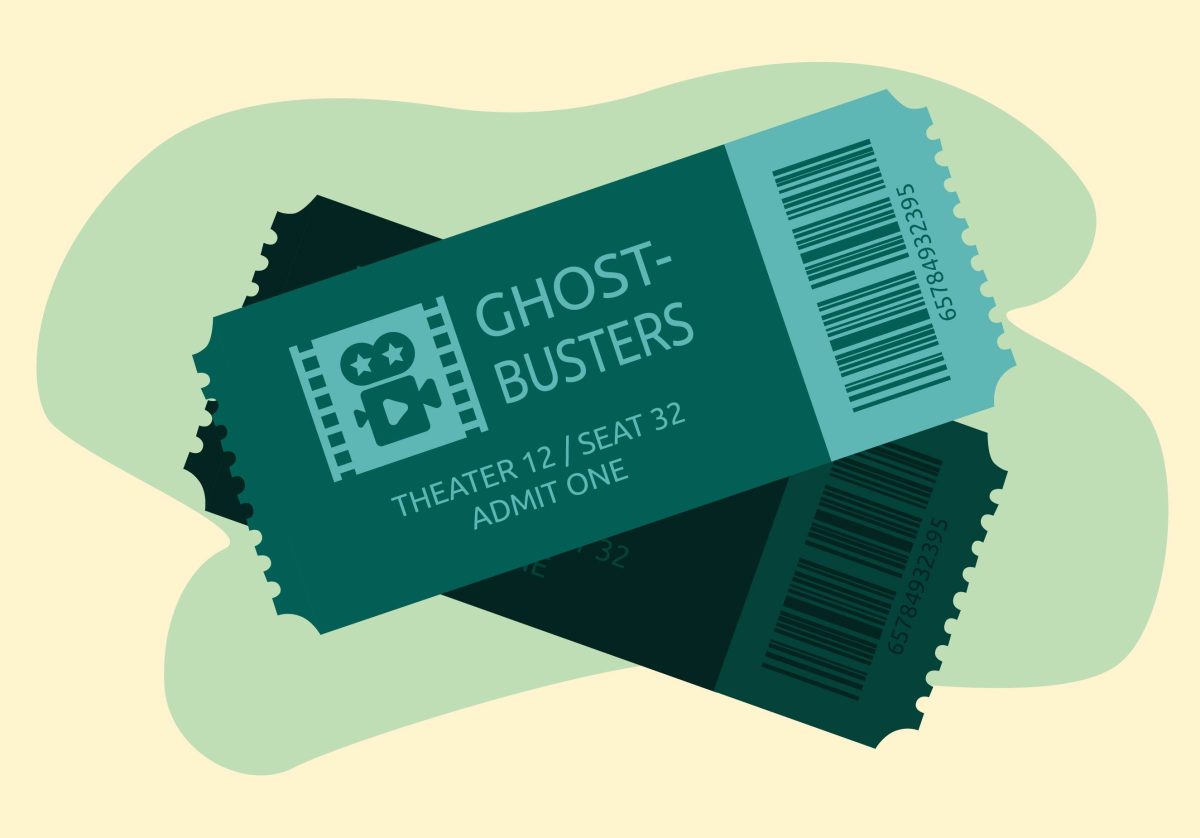.”Start from the end. You can’t tell a story if you don’t know how it ends.”
Thus Lewis (a blind and sagely Jeff Daniels) instructs his roommate and friend Chris Pratt (Joseph Gordon-Levitt), who suffers from short-term memory loss as a result of a traumatic car accident.
“The Lookout”
DIRECTED BY: Scott Frank
STARRING: Joseph Gordon-Levitt, Jeff Daniels, Matthew Goode
RATED: R
PLAYING AT: Area theaters
He struggles to string his day’s narrative, even the most routine tasks: wake up, turn off alarm, make coffee, eat breakfast, go to class. He writes these events in his notepad, and then says them to himself again and again. His mantra: “Ritual. Pattern. Repeat.”
But haven’t we been here before?
Traumatic accident damages guy’s memory; guy, now emotionally detached, seeks answers; writes down reminders to get through the day; reminders become major plot keys. It all sounds like Christopher Nolan’s 2001 neo-noir “Memento,” doesn’t it?
The comparison begs acknowledgement, but there they split ways. “Memento” depended heavily on a device: it told its story in reverse, and the chronology paralleled a faltering memory. “The Lookout,” on the other hand, is a straightforward, character-driven caper whose patient, though unfortunately foreseeable, unfolding doesn’t have the heft to overthrow “Memento’s” parlor trick.
Chris Pratt was once a high school hockey star and formidable chess player. He lived with his wealthy, gentrified family who financed its forested estate with a collection of high-end car dealerships. He had a beautiful girlfriend and kept good company. He was, to use the phrase with the most desperate intonations, a somebody.
But let’s begin at the beginning; the film, contrary to its own advice, certainly does.
It opens on prom night gliding over a stretch of dark Kansas highway flanked on either side by unscathed, Midwestern pasture. Four high school coeds zip by in a maroon convertible, top down. Chris is driving. He turns to his girlfriend and the smile they share is both gently affectionate and charged with all the sincere and innocent sexual passion that open fields and a clear night sky can possibly contain as metaphors for those formidable years that, once past, we inadequately describe as “nostalgia.”
He wants to show her something. “To see the look on her face,” he later says, and though he doesn’t describe for us the look he means, we know it best as joy, adoration, love.
He turns off the headlights as they speed down county road route 24 and shows her. He shows her thousands, millions of them – fireflies. Each one glowing as if the sky itself, for them, descended for this moment to light their way.
In the backseat his friends worry. “Turn the lights back on,” they complain. Chris looks once more at this girlfriend; he smiles once more. He turns on the headlights.
A combine is stalled in the middle of the road and the car hits it at 60 miles per hour.
After the blistering opening. the film settles into a calmer, more regular routine. It’s the kind of routine that Chris struggles with each day. Instead of hockey and chess, however, he now limps around a small farmer’s bank in Noel, Kansas as a nighttime custodian, lives in a small apartment in the city with Lewis and attends memory improvement classes during the week.
One night at a bar, he’s approached by a sleaze ball (Matthew Goode) in a leather jacket and a devilish goatee. Through a series of intentional encounters, the sleazeball slowly draws Chris in with him and his goons to a suspect farmhouse filled with guns, girls, drugs (what else?) and a proposition: with Chris’ help, they will rob the bank at which he works.
“The Lookout” takes a long time to get into its suspense, and once it does it moves nearly too quickly to appreciate the deft performances by both Daniels and Gordon-Levitt.
Following 2005’s role as the haunted sleuth in search of the secret to his girlfriend’s murder in “Brick,” Gordon-Levitt again fronts a superficial toughness while keeping a troubled past keenly at bay behind those youthful and hardened eyes, adding to his repertoire a heavy-footed limp that only fortifies his spot as one of our best actors under 30.
The supporting cast, aside from Daniels, is flat and deflated, especially Luvlee Lemons (Isla Fisher) whose undeveloped femme fatale stops in for a two-night-stand seduction of such little development you wonder why she took part at all.
When the story’s been told, “The Lookout,” if not altogether exciting, at least offers another chance to see Gordon-Levitt’s burgeoning “post-3rd Rock” career, and, thus, we end at the beginning.
















